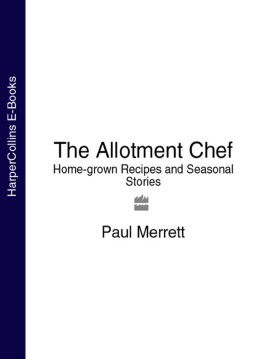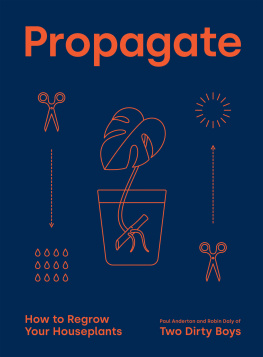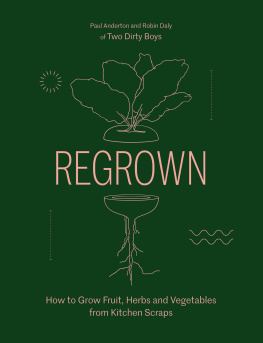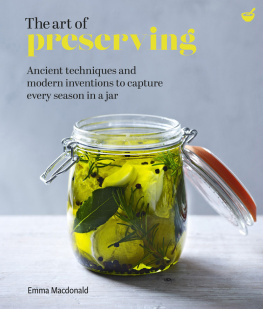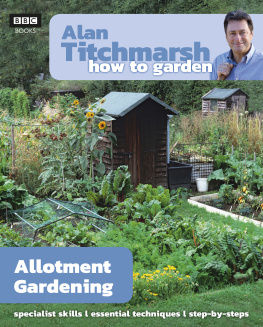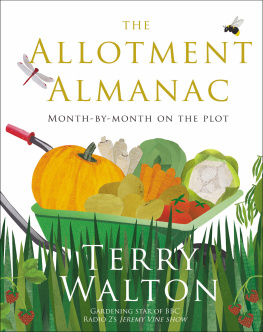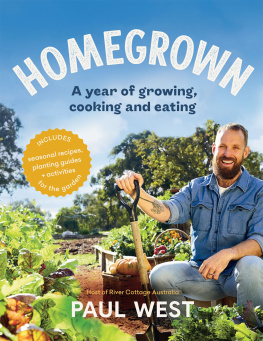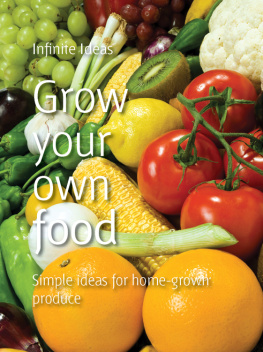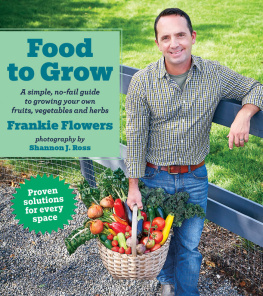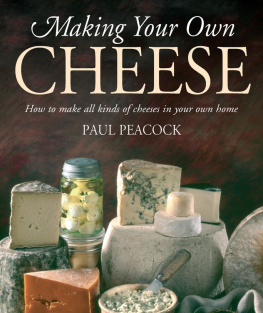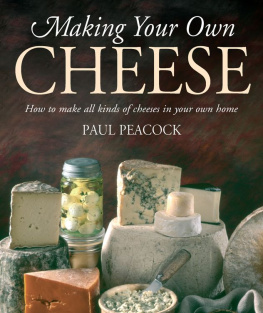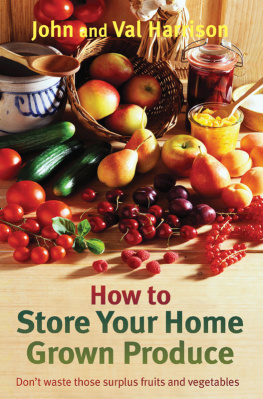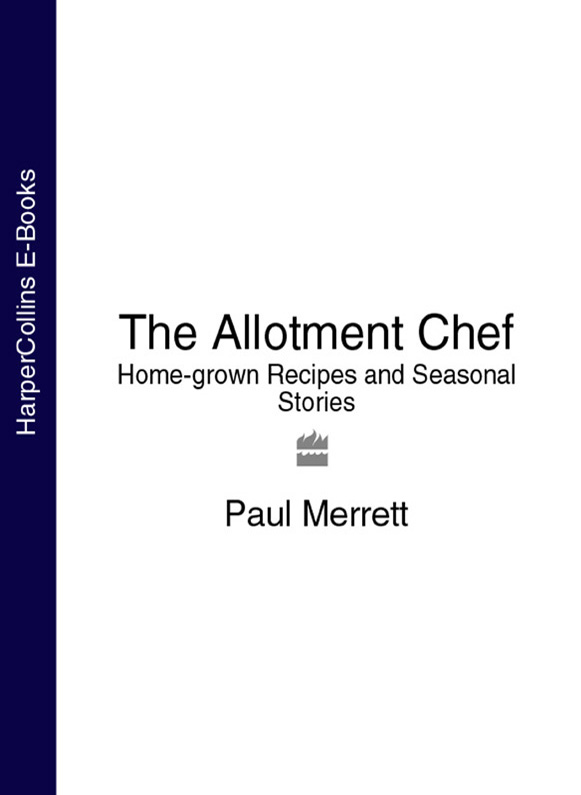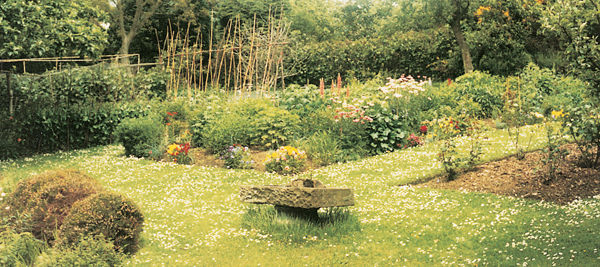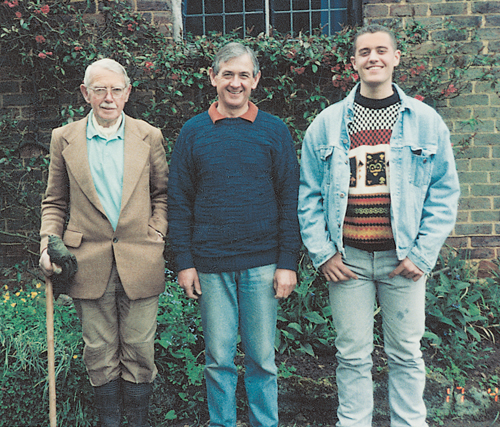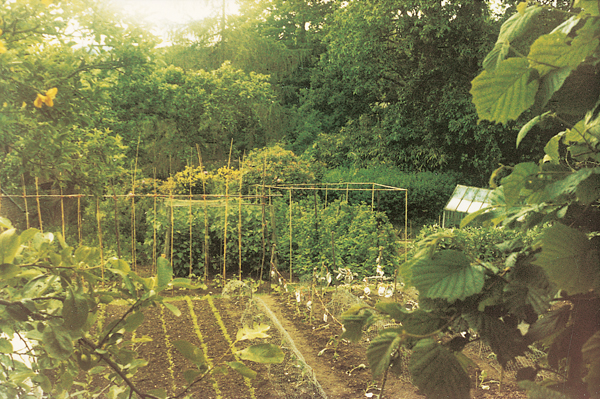Merrett - The allotment chef : home-grown recipes and seasonal stories
Here you can read online Merrett - The allotment chef : home-grown recipes and seasonal stories full text of the book (entire story) in english for free. Download pdf and epub, get meaning, cover and reviews about this ebook. year: 2014, publisher: HarperCollins UK;HarperCollins Publishers, genre: Home and family. Description of the work, (preface) as well as reviews are available. Best literature library LitArk.com created for fans of good reading and offers a wide selection of genres:
Romance novel
Science fiction
Adventure
Detective
Science
History
Home and family
Prose
Art
Politics
Computer
Non-fiction
Religion
Business
Children
Humor
Choose a favorite category and find really read worthwhile books. Enjoy immersion in the world of imagination, feel the emotions of the characters or learn something new for yourself, make an fascinating discovery.
- Book:The allotment chef : home-grown recipes and seasonal stories
- Author:
- Publisher:HarperCollins UK;HarperCollins Publishers
- Genre:
- Year:2014
- Rating:4 / 5
- Favourites:Add to favourites
- Your mark:
The allotment chef : home-grown recipes and seasonal stories: summary, description and annotation
We offer to read an annotation, description, summary or preface (depends on what the author of the book "The allotment chef : home-grown recipes and seasonal stories" wrote himself). If you haven't found the necessary information about the book — write in the comments, we will try to find it.
Having become tired of poor-quality supermarket food and disillusioned with the dubious ethics of large corporations, Paul Merrett takes an allotment to see if he and his family can live off the fruit and vegetables they are able to grow. Along the way Paul reconnects with his grandparents legacy of self-sufficiency and discovers the unbeatable flavor of a home-grown green tomato (especially when its turned into salsa with spring onion and mint). He also learns that our romantic notions of a simpler life are not as simple as they seem. This exploration follows Paul, his wife, and two reluctant children as they learn to garden, make what they hope is their final trip to the supermarket, build relationships with fellow allotmenteers, and slowly watch their crops flourish and sometimes fail. They contend with the inevitable disappointments along the way with good humor and perseverance and only the occasional temper tantrum. As the asparagus poke through the soil and the battle against the lettuce-munching slugs is won, Paul turns his humble vegetables into recipes worthy of his epicurean background. He includes over 85 allotment-inspired recipes, including simple dishes such as One Pot Vegetable Stew and Meringue Cake with Summer Berries as well as more involved dishes such as Pumpkin Ravioli, Tea-Smoked Chicken Breast on Allotment Vegetables, and Steamed Walnut and Allspice Sponge with Roasted Plums. Pauls charming narrative is interspersed with his personal take on food ethics, celebrity chefs, and the legacy of his self-sufficient grandparents. Reportage and food photography accompanies his story. Part recipe book, part memoir, this is an engaging, informative, and humorous read.
Merrett: author's other books
Who wrote The allotment chef : home-grown recipes and seasonal stories? Find out the surname, the name of the author of the book and a list of all author's works by series.

